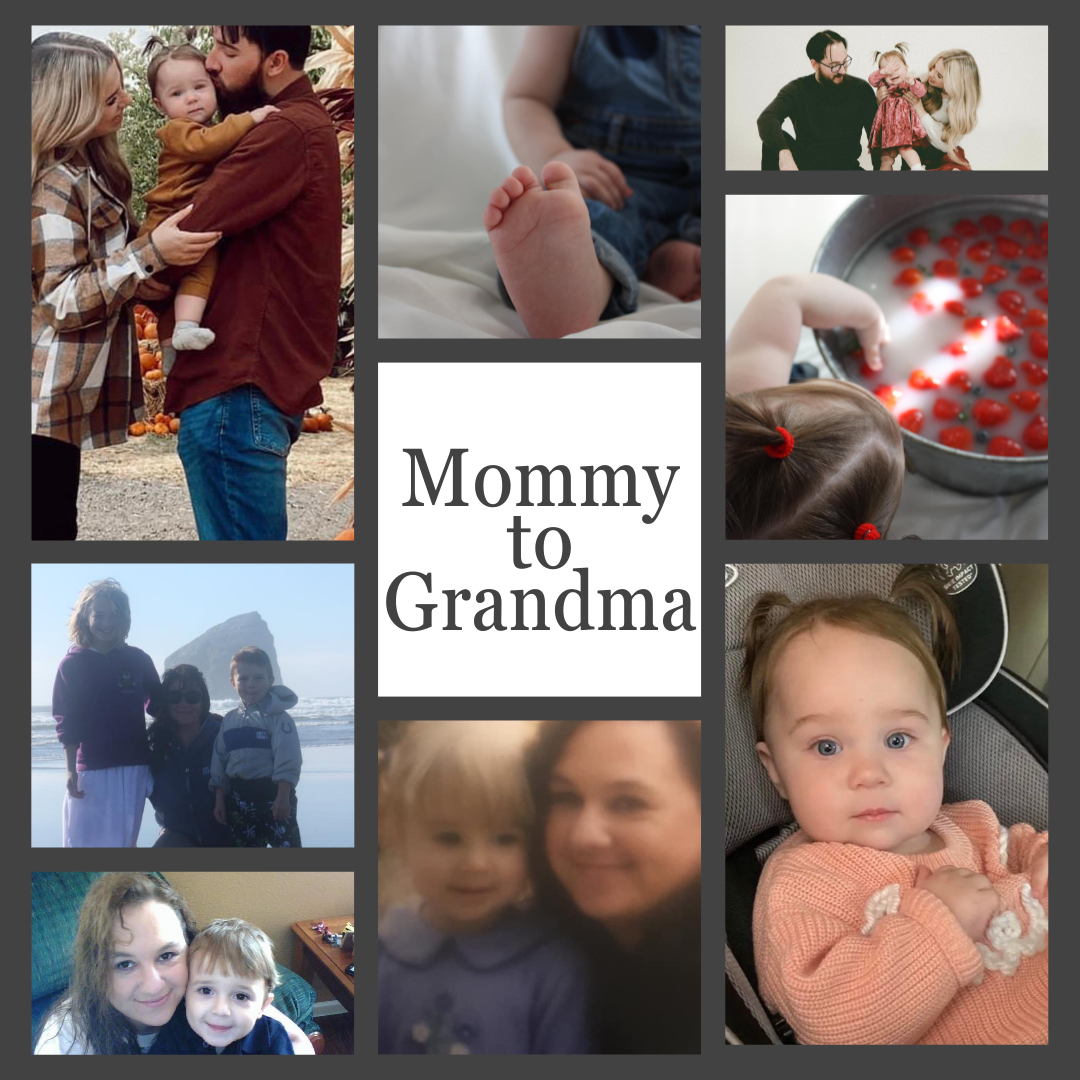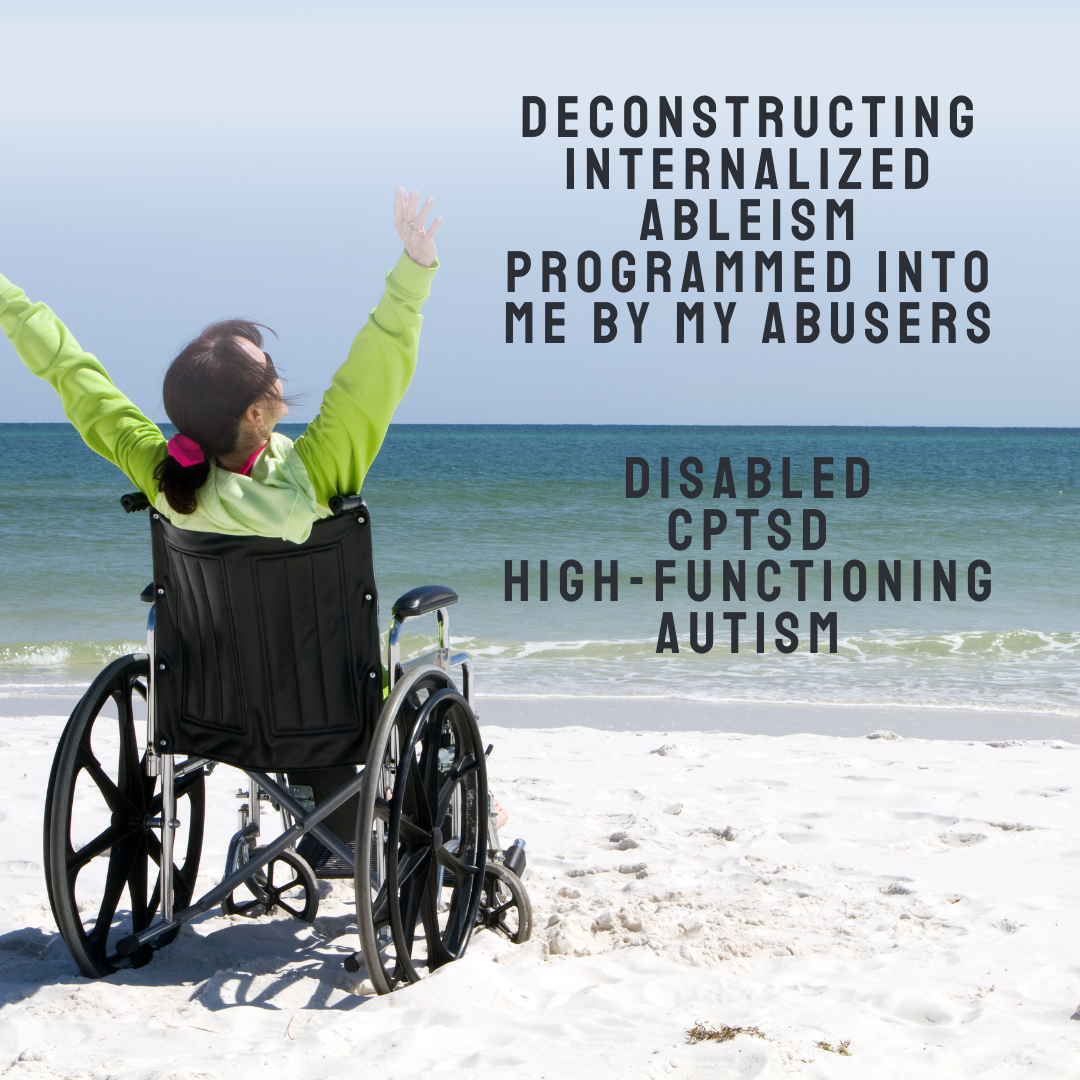About my story

On July 4, 1974, when I was just 4-days-old, wearing heavy casts on my feet to treat clubfeet, my mother came home drunk from a 4th of July party and upon finding an infant with biological needs, told me, "I fucking hate you" and threw me into my crib. The weight of the casts combined with the force of gravity, when one cast landed on the crib mattress while the rest of me was still flying through the air, ripped my hip apart.
The injury, now a permanent disability, was discovered in October 1974 by my grandmother and not treated until after December 12, 1974. Growing up, I was lied to and led to believe it was a birth defect that I was responsible for causing by being "born wrong".
At age 29, I had flashbacks to the abuse events I had been repressing that ultimately exposed my entire life and sense of self was built upon a lie.
I spent the next 2 decades researching, healing and discovering who I really am.
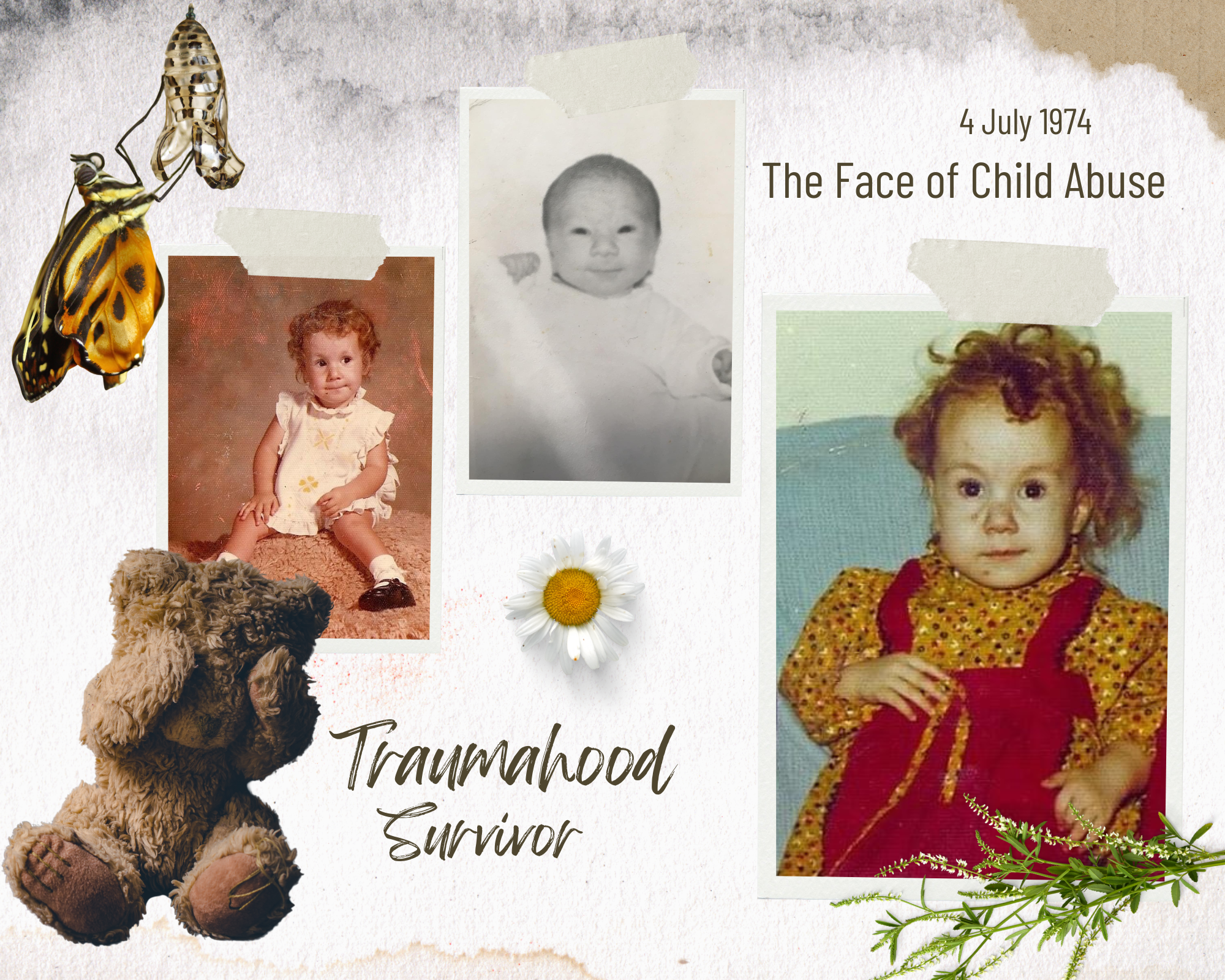
Geekette's Toys
Z's favorites


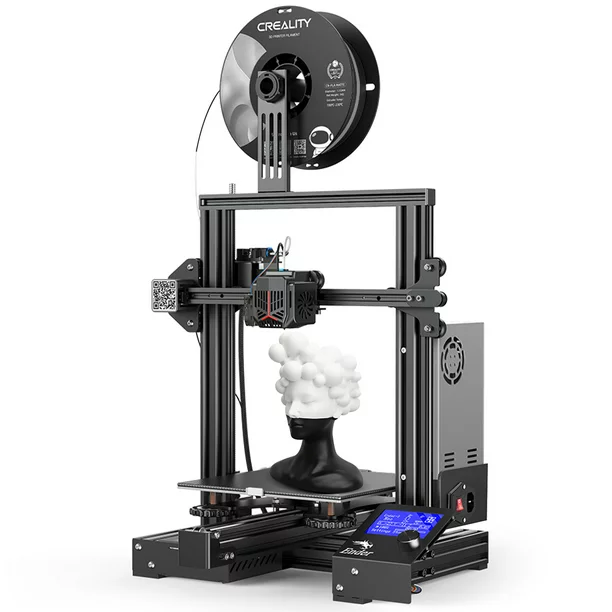


Photography






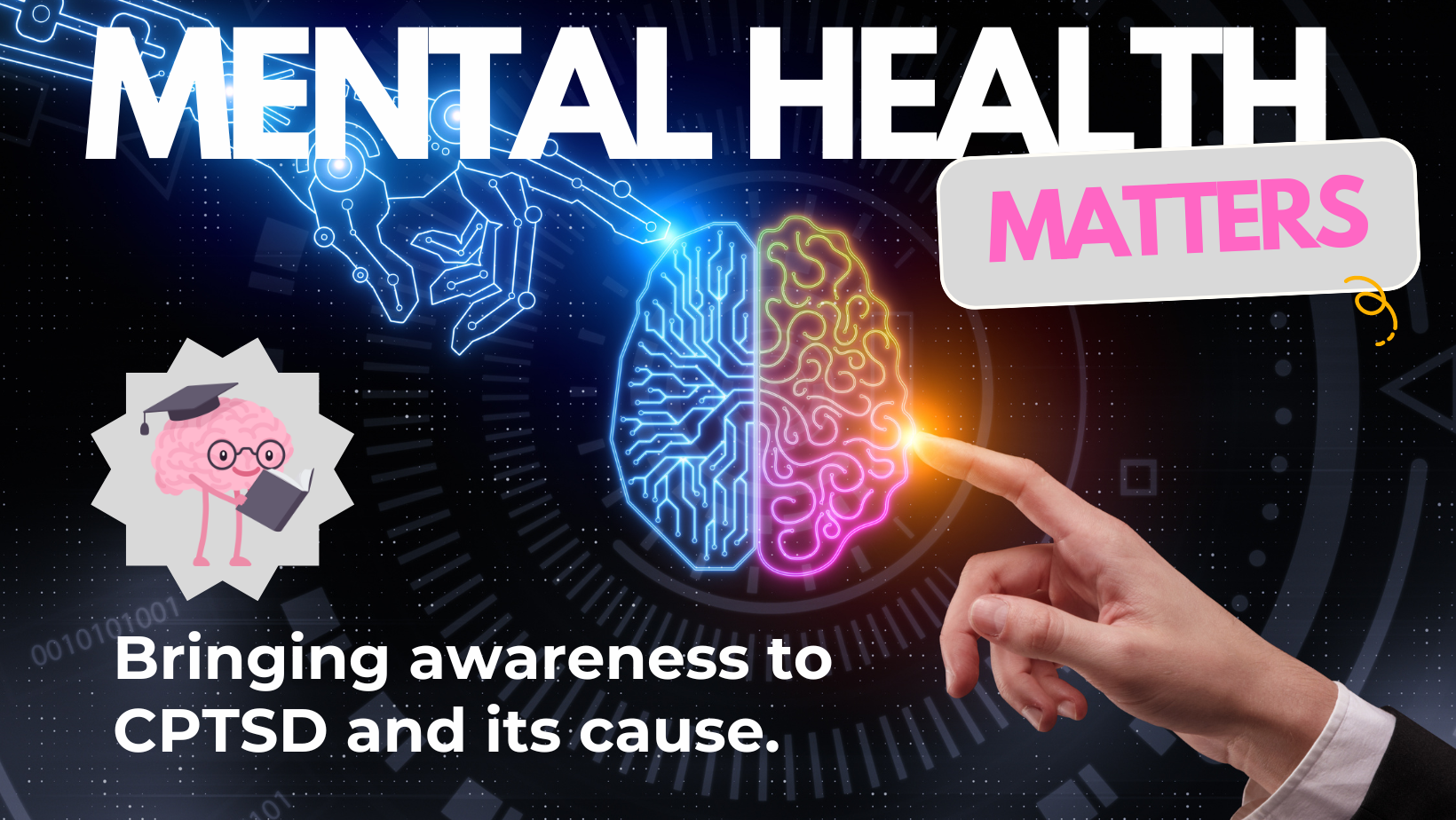
Frequently Asked Questions
What is CPTSD?
Complex post-traumatic stress disorder (complex PTSD, sometimes abbreviated to c-PTSD or CPTSD) is a condition where you experience some symptoms of PTSD along with some additional symptoms, such as: difficulty controlling your emotions. feeling very angry or distrustful towards the world.
What are the symptons?
PTSD symptoms are generally grouped into three categories:
- Re-experiencing - frequently reliving the trauma through nightmares, flashbacks, panic attacks, paranoia or other psychological distress
- Avoiding and numbing – avoiding people and activities that are reminders of the trauma, and avoiding psychological pain by disconnecting emotionally
- Hyperarousal – constantly feeling ‘on guard’ for danger, resulting in sleep problems, irritability, lack of concentration and a heightened startle reflex
What are some common myths about PTSD/CPTSD?
- PTSD only affects military or combat veterans. This misconception is harmful and may prevent people from seeking help. A person showing symptoms of PTSD may feel they don’t have it because they haven’t served in the military. Remember, PTSD can affect anyone.
- If the trauma happened a long time ago, you should be ‘over it’ by now. PTSD symptoms are sometimes delayed for years, especially when trauma is experienced at a young age. Suppressed memories can trigger PTSD symptoms.
- Since there’s no cure for PTSD, treatment is a waste of time and money. This is false. Many effective treatments are available for people who live with PTSD. They can learn to effectively manage their symptoms and live productive, meaningful lives.
- Being diagnosed with PTSD is a sign of weakness. Getting help for PTSD is courageous and shows a commitment to improving yourself. When you suffer from physical illnesses or injuries, you don’t hesitate to get medical treatment. Your mental health deserves the same care. Get the care you need to live a happier, healthier life.
Who is at risk?
Anyone can develop PTSD at any age. The disorder isn’t exclusive to those serving in the military — it also impacts people who experience abuse, assault, accidents, disasters and other traumatic events. The sudden death of a loved one may also cause PTSD.
Is it caused by Emotional Abuse?
PTSD can develop following abuse. Since abuse is often a recurring behavior, PTSD from abuse may be different and categorized as "complex PTSD.” A person with complex PTSD isn’t reliving a single traumatic event but an ongoing pattern of repetitive abuse, neglect and trauma.
PTSD from abuse often requires more extensive treatment, as people work to recover from what may be a lifetime of abuse. Each trauma must be processed, so recovery may require extensive therapy.
Does it affect memory?
PTSD affects memories associated with the trauma, but it can also limit the mind's ability to store, recall and create other memories. Memories occurring after the trauma may be hazy, have gaps or be lost altogether. It can suddenly become difficult to find familiar places or remember important names, dates and experiences.
People with PTSD are more likely to develop Alzheimer's disease and other forms of dementia in later life. More research is needed to understand why. According to the Alzheimer’s Association, PTSD has been linked with as much as double the dementia risk.


